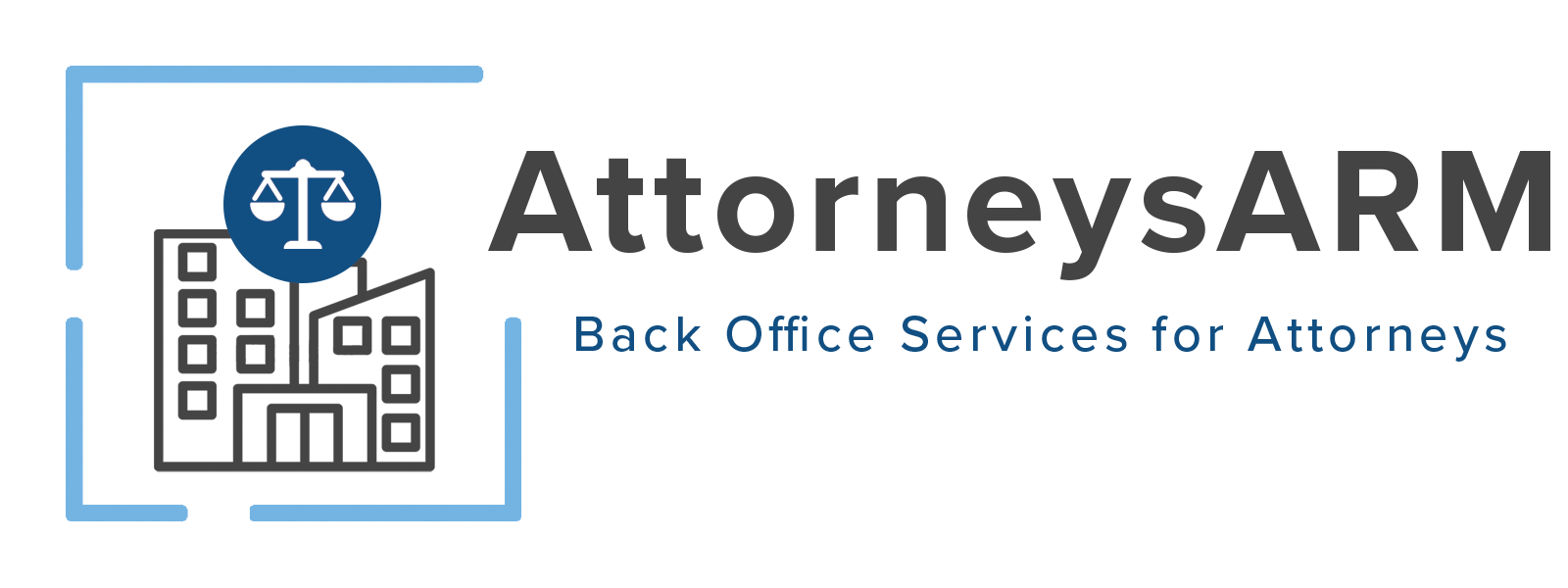One common question that we’re asked is how the collections process works when a business provides services instead of tangible goods. After all, in many instances, tangible goods could be used as collateral depending on how the contract is written. If clients don’t pay, you may be able to take back the goods you provided. So, what about services? If you have a service-based business, how can you get through the collections process?
Collections for Service-Based Businesses
One of the best ways to ensure that you can collect on past due accounts in a service-based business is to have a contract. The contract does not need to be complicated. It just needs to include the elements that make up a legal contract in your state. The essence of a service-based contract is to list out the services you’ll provide, to whom it will be provided, the price for the services, and when the payment is due. You can also explain how payment may be made, how the contract can be terminated, and what will happen if you’re not paid. You’ll want to list the state that you’re in as the jurisdiction in the event that you end up in court.
A signed contract helps with collections because it shows that the debtor agreed to pay you for your services. Although it’s not always a legal necessity to have a written contract, they’re very helpful for collections and if you allege breach of contract.
Additionally, during the collections process, the debtor has the legal right to ask for verification of debt. A copy of a signed contract between you and the other party is one of the best ways that you can provide verification. If you’re unable to provide verification of the debt, you may not be allowed to collect on it.
Have Copies of Invoices
To help in the collections process, you should have copies of invoices. You should have a copy of the last invoice that shows the unpaid amount, when the payment was due, and the services provided. You should also have three to four months’ worth of invoices. It’s perfectly fine if the previous invoices were paid. It’s fine if they were unpaid. This goes toward establishing the longevity of the account. If any of the invoices were paid in the past, it may be useful to show that the debtor willingly received your services and paid for some in the past.
Establish and Use a Collections Process
One of the biggest mistakes made by service-based businesses is not establishing and using a collections process. A collections process explains when a past due account enters your official collections process. It states what will happen within the first 1 – 30 days the account is past due, then what will happen when an account is 31 – 60 days past due, and what will happen between 61 and 90 days past due. The first 30 days, you may choose to rely on follow-up calls and what is known as the first-party collections process. With the first-party collections process, the person calling on the debt identifies themselves as part of your business. The other option, which is used a bit further into the process, is the third-party collections process. You use a third-party collections agency. When they call, they will identify themselves as a collections agency instead of an employee of your business. You may also want to consider small claims court if the amount owed to you is worth the price it would cost you to file a small claims lawsuit or to hire an attorney.
Learn More about Collections and How They Affect Your Business
If you have questions about debt collection, we have answers! Clients ARM provides both first and third-party debt collection services that can help you get paid. To learn more about the collections process and how it can be best used in your business, contact us to schedule your free, no obligation consultation.




